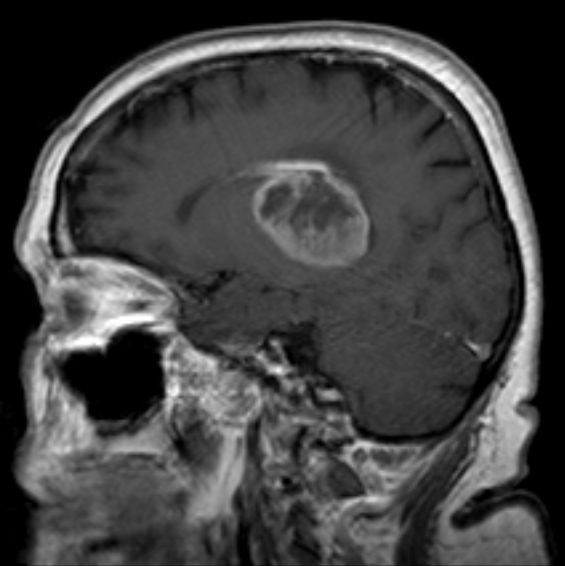Two Neurosurgeons Banned from Human Research After Inserting Bacteria Into Head Wounds of Brain Tumor Patients

The surgeons were focused on the treatment of malignant glioma, the most dangerous and common form of brain tumor. The average patient with such a condition lives for only 15 months after diagnosis. However, after meeting two glioblastoma patients who lived for 15 and 20 years after the diagnosis of their condition, Muizelaar became fascinated with the idea of developing a treatment for the deadly illness.
In 2008, the doctors developed an idea of treating the cancerous tumors with probiotics applied to an open head wound, and then withholding antibiotics in order to let the bacteria do their job. (Most people know of probiotics, which live in the digestive tract, because of its commonly invoked beneficial effects for the stomach.) Because the two doctors insisted that it was an innovative treatment rather than research, they were convinced that they did not need approval from an institutional review board (IRB).
Their proposal reached the Food and Drug Administration (FDA), which cautioned that they needed to conduct research on animals first. The two doctors reportedly did, though I was unable to find an article on the trials published by a peer-reviewed journal.
Starting in 2010, the doctors performed the procedure on three patients with malignant brain tumors, inserting the bacteria into their open head wounds. The procedure was not a success. By this article's publication, all patients have died. Two died soon afterwards from sepsis; the patient that lived the longest did have a reduction in the size of their brain tumor, but suffered a wound infection. Ten months after the procedure, that patient was forced to take antibiotics and has since died.
After the death of the second patient in 2011, the IRB director discovered that the doctors sought approval to perform the procedure on five new patients. The university ordered the physicians to stop, and performed a six-month internal investigation, which found that the doctors were culpable in misleading and misunderstanding the university's directives.
Despite the university sanctions, the doctors insist on their innocence. They say that all three of the patients expressed their consent for the procedure. At least one contacted Muizelaar to take part in it. Muizelaar also says that he believes in the procedure, proclaiming that if he had glioblastoma, he would want the treatment performed on him.
But that should not be enough, according to Arthur Caplan, the director of medical ethics at NYU's Langone Medical Center. Caplan says that patients who are dying are often desperate for any sign of hope, and as such, can be easily preyed upon.
Muizelaar remains the university's "Julian R. Youmans" chairman of the school's neurological surgery department.
His page on the University of California-Davis's site can be found here, though it has been intermittently down during publication.
Published by Medicaldaily.com



























